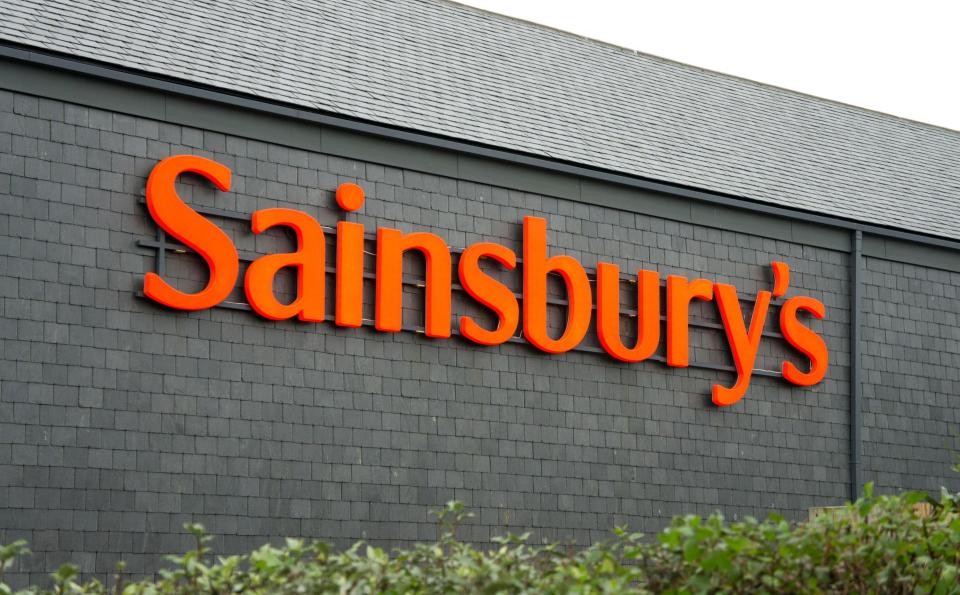
The recent announcement from Sainsburys that they were going to take on Asda, Argos and Habitat came as no surprise. This move from a business development view makes complete sense as Sainsburys and Asda will soon have to compete with Amazon who are beginning to have significant activity within the grocer sector along with the increasing price battle from the big 4. Turning all threats to their business to opportunities and strengths.
However, with this merge, supply chain management is something that has to be adapted and due to the sometimes complex process- which handles everything from the product design, sourcing the raw material, warehouse space, marketing a product to it being delivered to the customers house, and then not to mention the after-care services, it’s no surprise that when Sainsburys did announced their acquisition of Asda, Argos and Habitat, eyebrows were raised when it came to the merging of all companies supply chains.
Being experts in Supply Chain Management we decided to ask our Commercial Manager, Alan Hewitt, what he thought on the merge and how the combined firms supply chains would cope. This is what he had to say:
‘Whilst the merger of Sainsburys, Asda, Argos and Habitat on the face of it is a good thing for us consumers, the supply chain requirements could lead to some challenging times of change. This of course will be a huge project lead implementation of transition of work flows, across multi layered requirements within the supply chain, both in international but also in the national distribution requirements. In this instance the larger forwarders within their own areas of expertise, will be competing for their own current business and the potential opportunity with this merger. In my experience these project lead implementation changes require complete focus and attention, within the multi layered complexity of transition to the to be scenario. The challenges for the internal and external stakeholder will be the ownership and pressure from shareholders that will be expecting synergies and quick wins within the supply chain to capitalise on the coming together of businesses.
As a part of our logistics supply chain management service, at FSC Oceans we provide innovative and pragmatic supply chain design solutions to our customers. These are focused on delivering practical results that will add value, build revenues and cut costs. We recognise that each of our Customers’ supply chain is unique and we therefore provide a bespoke approach to reviewing and recommending changes that effectively respond to these factors and maximise efficiencies. In order to achieve this, we are adaptable – we have a deep understanding of how our Customers supply chains can change and evolve due to factors such as economic, legal, technology and of course customer requirements.
We ensure we fully understand our Customers’ operational strategies and the challenges they face, as well as what works well. By taking a look at the complete picture, including our customer’s specific competitive environment, we can suggest changes that are grounded in practical results and focus on productivity, growth and innovation.’
International wholesale supplier and Business management consultant, Elliot Browne also commented on the merge, he said
“On a positive the merge could help grow your business if you are a supplier, if you can cope with the supply and demand, terms and return policies of course. From a consumer point of view this is a huge amount of buying power this merger brings with it.
“It’s a double-edged sword as far as I can see really, as there will almost definitely be the positive of potential savings being passed on to the consumer, but there will almost certainly be the negative of job losses in the supply chain as a result”
What do you think of the merge? How do you think that the firms will cope in the early stages? Leave your comments below.